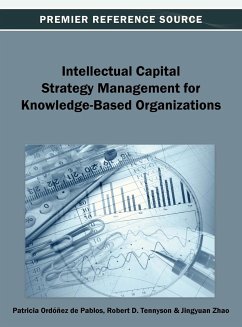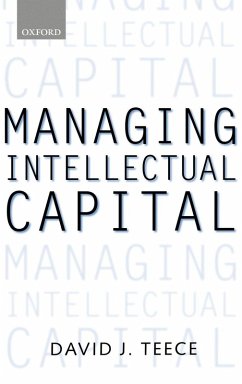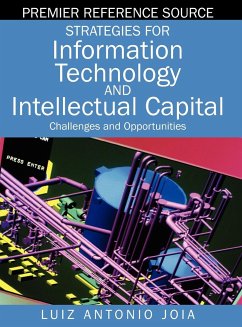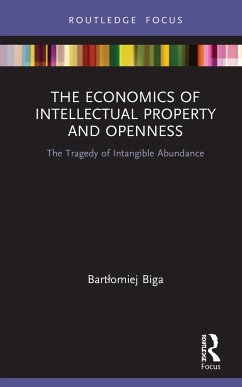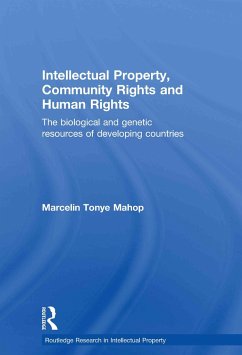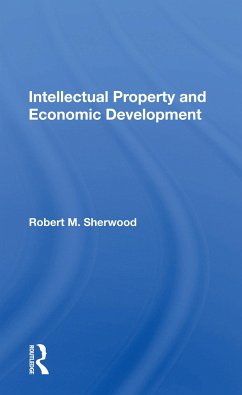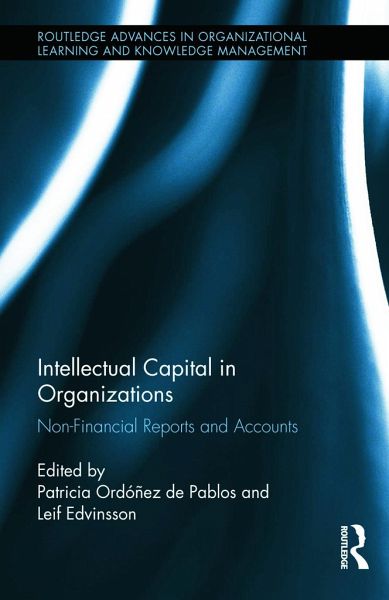
Intellectual Capital in Organizations
Non-Financial Reports and Accounts
Herausgeber: de Pablos, Patricia Ordoñez; Edvinsson, Leif
Versandkostenfrei!
Versandfertig in 1-2 Wochen
177,99 €
inkl. MwSt.

PAYBACK Punkte
89 °P sammeln!
In a global competitive economic environment, resources that are scarce or irreplicable are a source of sustained competitive advantage for companies and organizations. Knowledge-based resources are a major and increasing driver of long term competitive advantage. Most accounting standards however do not allow for knowledge-based resource calculations, including the most important of these, intellectual capital. Intellectual capital is the collective knowledge, documented and otherwise, of individuals in an organization. In the absence of accounting standards to numerically evaluate intellectu...
In a global competitive economic environment, resources that are scarce or irreplicable are a source of sustained competitive advantage for companies and organizations. Knowledge-based resources are a major and increasing driver of long term competitive advantage. Most accounting standards however do not allow for knowledge-based resource calculations, including the most important of these, intellectual capital. Intellectual capital is the collective knowledge, documented and otherwise, of individuals in an organization. In the absence of accounting standards to numerically evaluate intellectual capital, some institutions have devised their own reports and statements. But why should companies, universities, and research centers measure these resources? How are intellectual capital statements built? How does one set targets, and what indicators should they include? This book reviews the development of the field of intellectual capital reporting, including core concepts, latest developments, the main components of intellectual capital, how a statement is built, and key indicators of each component. It further analyzes experiences from a variety of pioneering companies and institutions around the globe in measuring intellectual capital, including case studies from educational and research institutions, and provides crucial transnational comparisons. Authors Ordóñez de Pablos and Edvinsson examine the challenges and next steps for the harmonization of intellectual capital reports, consider the creation of a special international agency for intellectual capital reporting standards, and evaluate the weaknesses of current standards and how they might be overcome.



